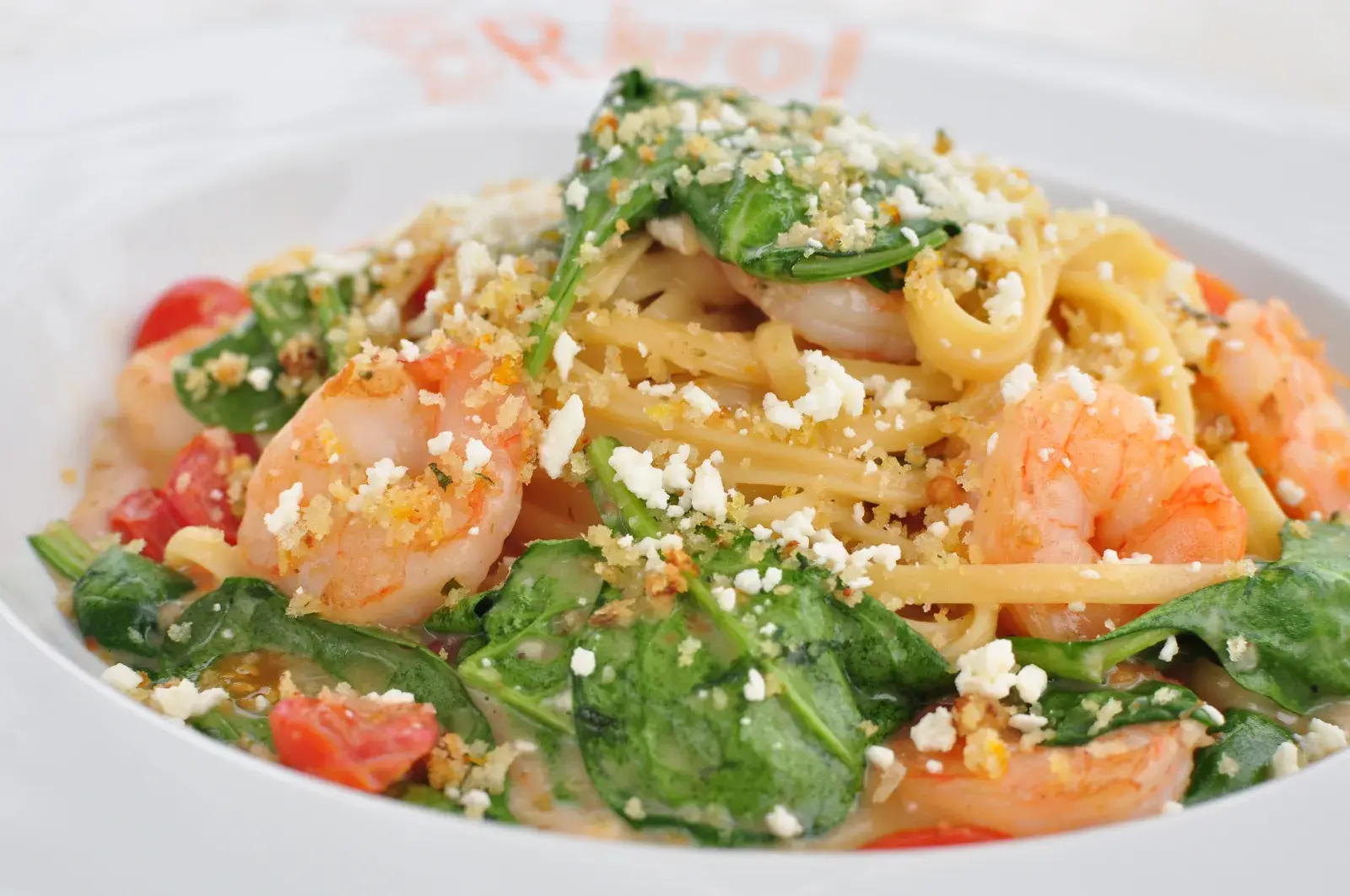Copyright ynetnews

There are many different forms of Zionism, according to Tila Falic-Levi, the top delegate of the Israel365 Action platform. Speaking on the ILTV Podcast, she explained that “for some people, Zionism is a religious statement. For some people, it's a political statement… Theodor Herzl is the father of political Zionism, but you have religious Zionism, you have cultural Zionism, and you have revisionist Zionism.” While these expressions may differ, Falic-Levi said, “at the end of the day, we understand that Zionism is the right of the Jewish people for a homeland in the land of Israel.” Falic-Levi spoke to ILTV during the World Zionist Congress, which took place last week in Jerusalem. Her platform focused on two main issues: establishing Israeli sovereignty in Judea and Samaria and strengthening ties between Christians and Israel, topics that she said are deeply interconnected. “If you understand the right of the Jews in the biblical homeland, then it's a biblical historical tie that comes from faith,” she explained. “So anyone who is a follower of Judeo-Christian values believes that the biblical homeland for the Jews is in Judea.” Falic-Levi also believes that Arabs living in Judea and Samaria would “highly benefit” from Israeli sovereignty over the territories. Today, she said, they live under outdated military rule and the corrupt Palestinian Authority. “The Arabs that live in the area are kind of in limbo, and so they don't make minimum wage, they don't have democratic elections, they don't have a health care system, they don't have an education system,” Falic-Levi said. “How wonderful would it be to be able to apply Israeli democracy onto an area?” She emphasized that although she doesn’t subscribe to any one specific plan, she knows the area “militarily, historically and biblically” belongs to Israel, and that if these populations lived under Israeli rule, “they would have better lives.” Watch previous ILTV Podcasts: Have We Really Learned Anything Since October 7? A New Middle East — But is Israel Ready For it? Jared Armstrong: Fighting Hate Through Basketball At the Congress, Falic-Levi said it was challenging to be surrounded by so many different opinions, especially liberal and left-leaning ones. She noted a failed resolution introduced by the left-wing NGO J Street calling for the establishment of a Palestinian state, something that the Knesset has rejected multiple times by a large majority. At the same time, she pointed out that this year marked the first time right-of-center parties took the majority, likely reflecting a shift in both global and Israeli Jewry following October 7, 2023. “Not everybody believes the same things, not everybody stands for the same things, and the issues that have come up this year are different because it's the first Congress after October 7,” Falic-Levi said. “October 7 did not change me, and I'm glad it didn't change me. I've been doing what I do for many, many years as far as Israel advocacy and commitment to our people. But a lot of new people came in.” She added that many of the newer delegates are also taking a closer look at how the World Zionist Organization’s roughly $1 billion budget is being allocated, and whether it’s achieving its stated goals. “What I am seeing and what I'm feeling is a lot more connected to boots on the ground,” Falic-Levi said. “It really gives me a drive to do more, a passion to be able to accomplish more. And I just feel like it's the right place to be able to make these connections and to make these visions and these dreams that people spoke about many years ago actually come true.” Falic-Levi also emphasized the importance of empowering the next generation. While “everyone's preaching peace and tolerance and acceptance,” she believes that instead of pouring resources into combating Jew-hatred, greater investment should go toward Jewish education — “empowering our children” to be the next generation of Jewish leaders with strong Jewish identities grounded in history and faith. “I think it's very important to empower the Jewish kids to be proud of who they are,” she concluded. “While we have Jewish kids marching with Students for Justice in Palestine, we are failing. We're failing in our kids' education and our kids' future.” Watch the full conversation



